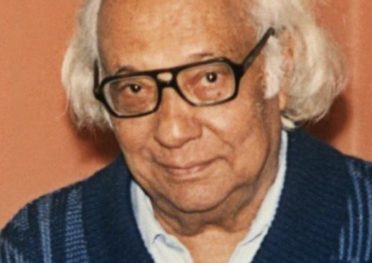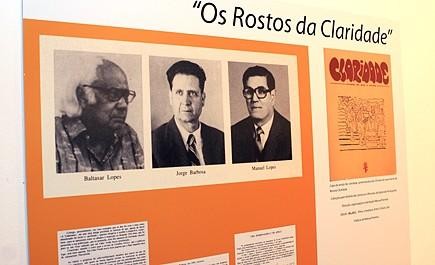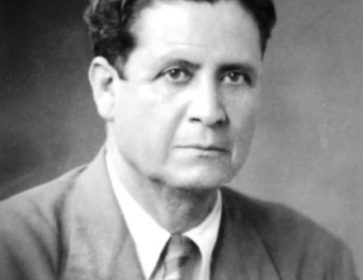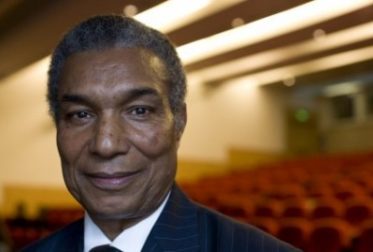Cape Verdean literature, a product of the liberalization of education in the mid-19th century, emerges from a generation of intellectuals, mainly writers, who begin to assert their presence in Cape Verde in the 19th century with the poetic production of Eugènio Tavares (1867-1930). This poet was born and raised in Brava, immersed in an unusual intellectual environment, and had as his master the folk philosopher José Rodrigues Aleixo, who lived isolated on Aguada beach (infested by Eugênio for amorous reasons), and also followed excellent pedagogues, first in a private school and then in various private courses.
The Claridade movement (1936-1937 and 1947-1960) has so far marked a vigorous Cape Verdean intellectualism, thanks to nine issues of an irregular yet profoundly capable magazine that defined a new personality assumed by the Cape Verdeans. Manuel Lopes from São Vicente (1907-2005), Baltazar Lopes da Silva from São Nicolau (1907-1989), and Jorge Barbosa from Santiago (1902-1971), the mentors of this truly autonomous movement, asserted without hesitation the importance of the Creole language in the matrix of Cape Verde’s uniqueness. They reinforced this initiative with works aimed at instilling in generations of students the awareness of Creole specificity, deeply rooted since the 16th century, marking a decisive point in Cape Verde’s cultural history. The magazine was called Claridade – Revista de Arte e Letras (Magazine of Art and Literature), with a subtitle fully justified by the diversity of topics covered: poetry, narrative, storytelling, novel, literary criticism, music and dance, painting and drawing, history and geography, and even sociological analysis.





